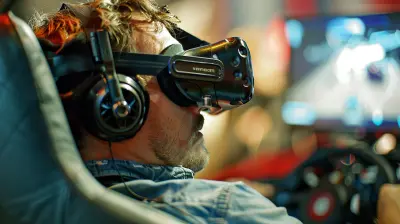Voice Acting's Role in Elevating the Immersive Fantasy RPG Experience
3 October 2025
When was the last time you played a fantasy RPG and found yourself emotionally tied to a character's journey? Was it because of the gripping story, stunning visuals, or the satisfying combat mechanics? While those elements are undeniably important, there's another critical piece that often goes unnoticed: voice acting. Yep, the voices behind those pixelated heroes, cunning villains, and quirky side characters play a vital role in pulling us into these fantastical worlds.
Voice acting doesn’t just add sound; it infuses life into a game. It turns text on a screen into heartfelt monologues, intimidating threats, and humorous one-liners that stick with you long after the credits roll. Let’s dive into how voice acting has become a cornerstone of immersion, and how it’s redefining what it means to experience a fantasy RPG.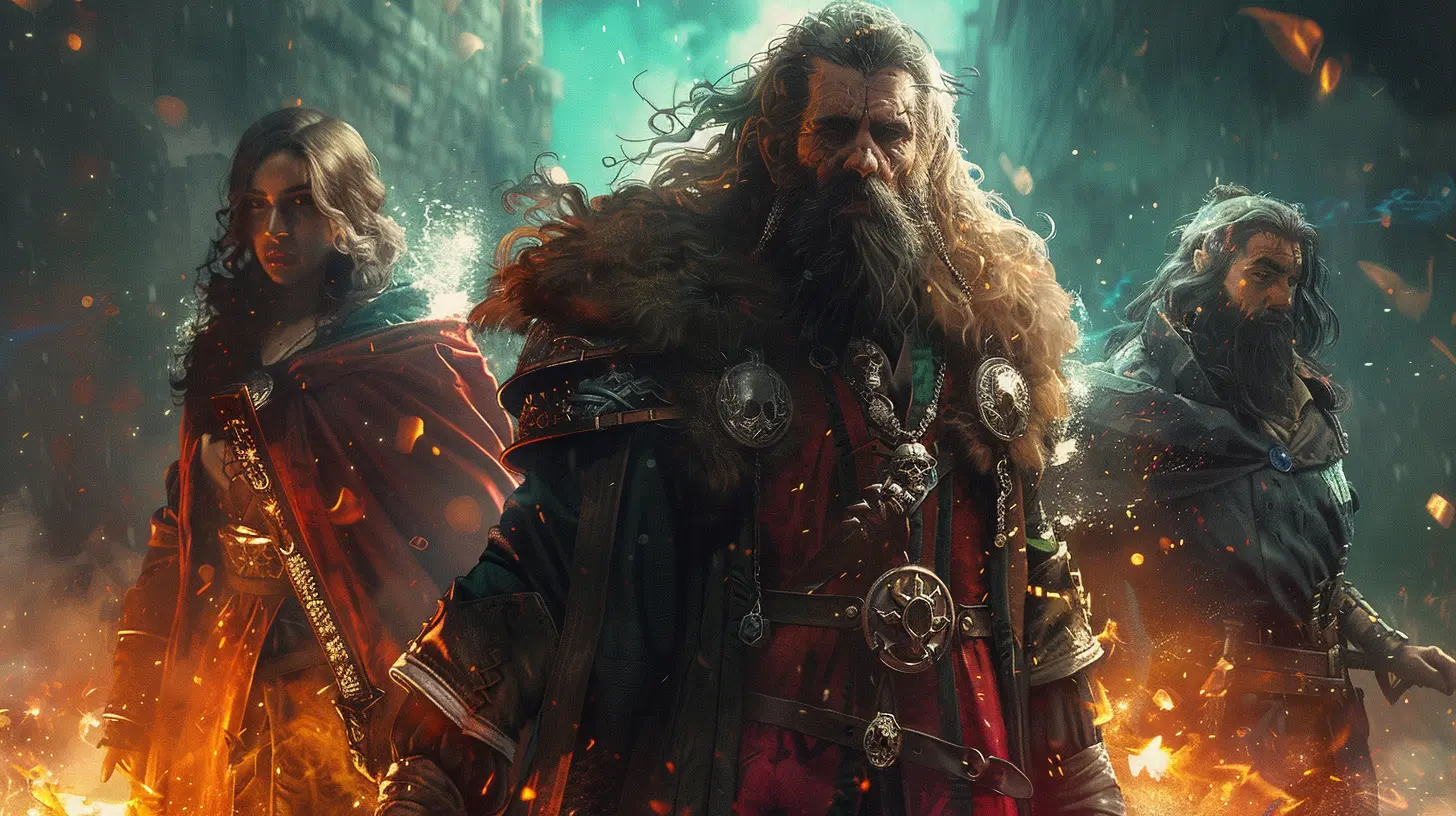
Why Voice Acting Matters in Fantasy RPGs
Picture this: You're wandering through a sprawling medieval town in a fantasy RPG. You approach an NPC, and instead of reading lines of static text, you’re greeted with a voice that carries tone, emotion, and even subtle personality quirks. That’s the power of voice acting. It creates a connection that text alone just can’t achieve.Bringing Characters to Life
The heart of any great RPG lies in its characters. These are the warriors, wizards, and rogues who make the narrative meaningful. A well-executed voice can transform a flat archetype into a layered, memorable individual. For example, consider Geralt of Rivia from The Witcher series. His gravelly tone, dry wit, and occasional sighs all combine to create an unmistakable personality. Without Doug Cockle’s iconic delivery, would Geralt have become the gaming icon he is today? Probably not.Voice acting gives us a reason to care about these characters. It makes the difference between seeing them as just "pieces on a game board" and viewing them as relatable, complex beings with whom we share a journey.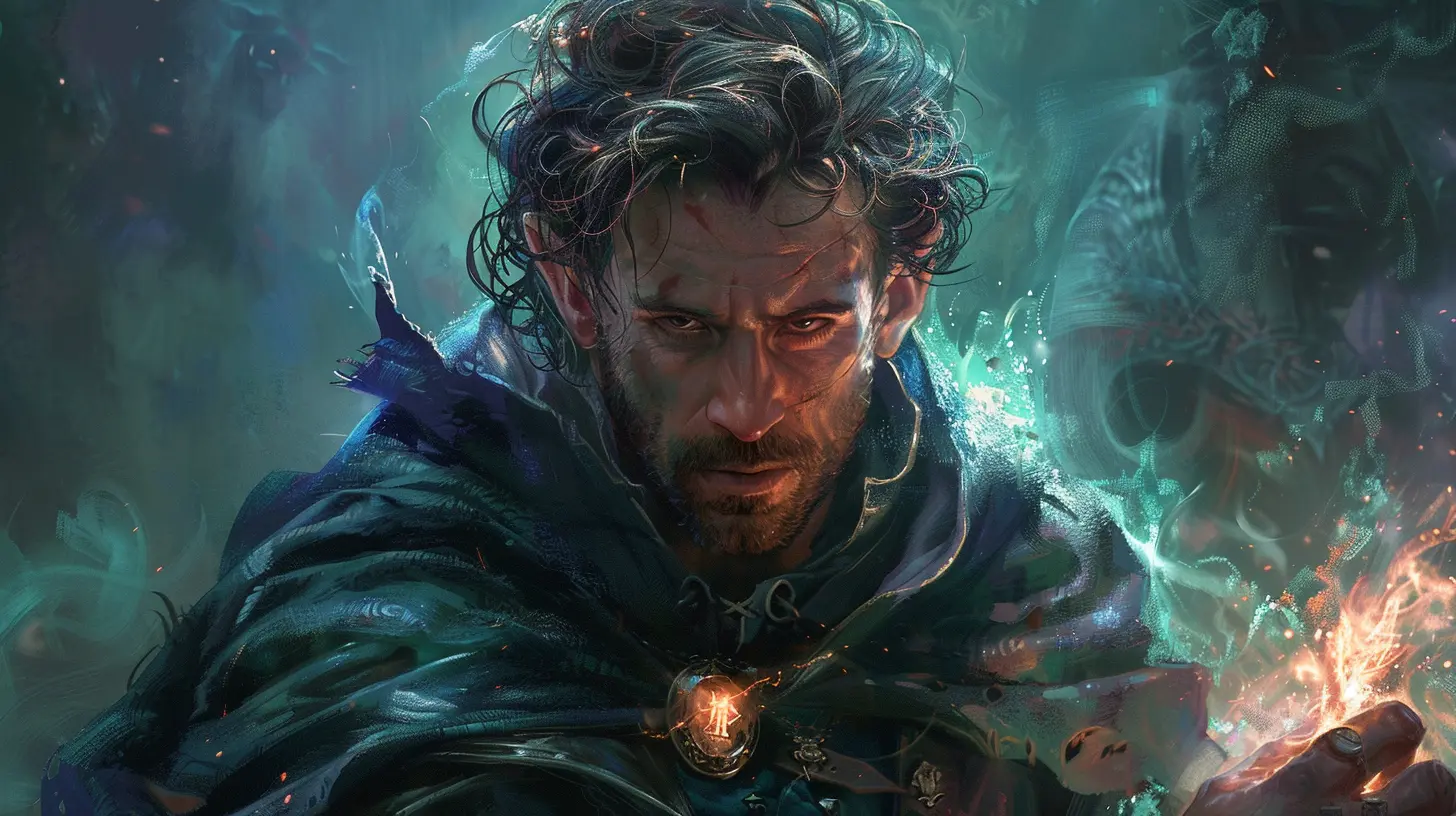
How Voice Acting Enhances Immersion
Immersion in a fantasy RPG is everything. You want to lose yourself in the game’s world, right? Whether you're fighting dragons, delving into ancient ruins, or scheming in a court of politics, voice acting can pull you deeper into those experiences.Emotion in Every Line
Voice actors don’t just read scripts; they perform them. Their delivery adds emotional weight to key moments. Imagine a climactic speech before a final battle. Now, imagine that same speech being delivered in a monotone voice. See the difference?In Dragon Age: Inquisition, characters like Solas and Cassandra evoke everything from vulnerability to unshakable determination through their voices alone. Even side characters, like your loyal advisors, leave lasting impressions thanks to the emotional nuance their actors bring to the table.
World-Building Through Dialogue
Voice acting also plays a huge role in world-building. NPCs chatting in the background or soldiers yelling commands during a battle add layers to the game’s environment. This ‘auditory architecture’ makes the world feel alive. Games like Skyrim do a brilliant job of populating their worlds with distinct voices for everyone—from shopkeepers to Daedric gods—making every corner of the map feel rich and lived-in.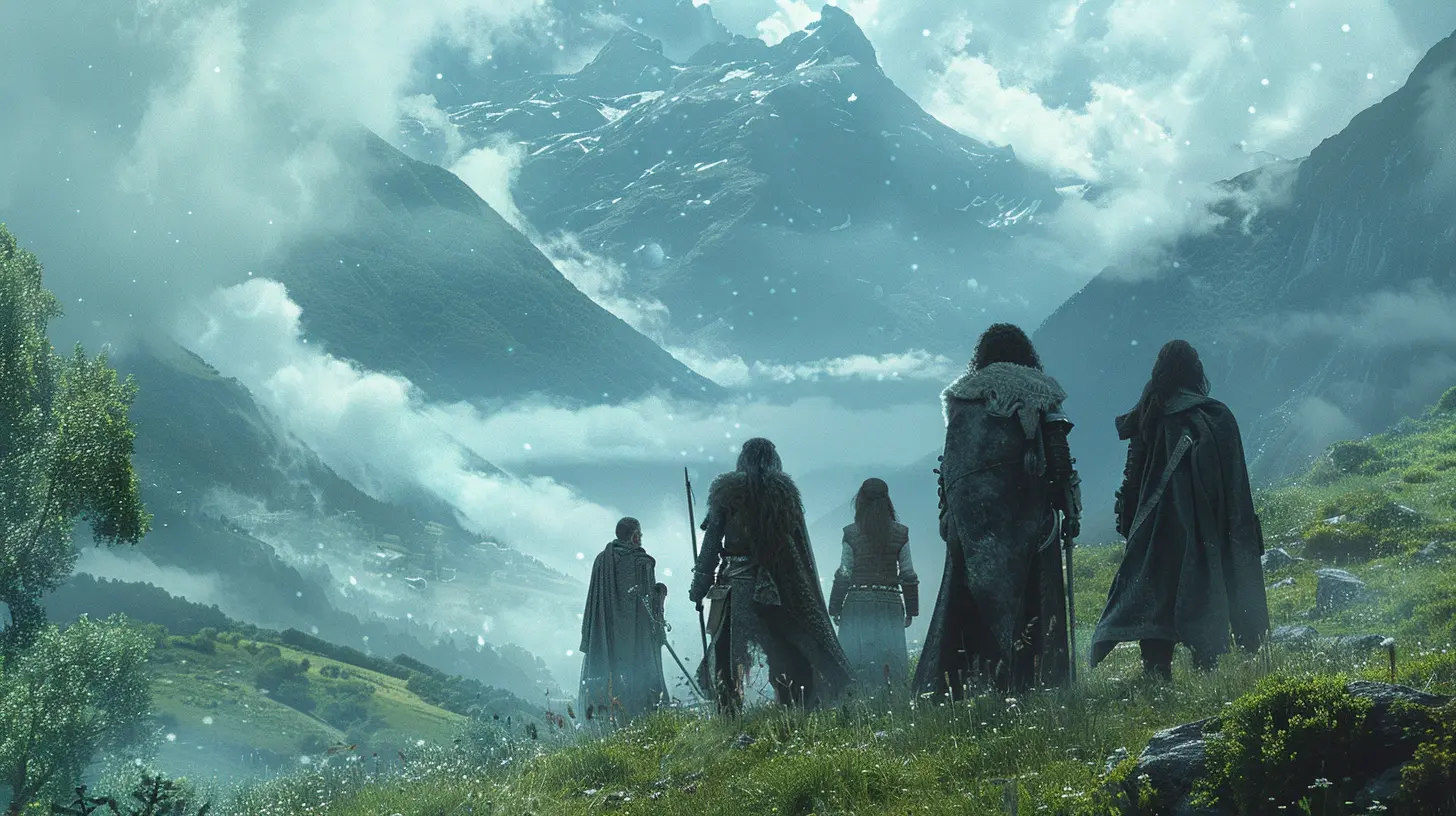
The Challenges of Voice Acting in Fantasy RPGs
Of course, nailing the voice acting isn’t easy. Fantasy RPGs are typically sprawling works with hundreds of hours of dialogue. Recording all that while making sure the performances are consistent and compelling is no small feat.The Risk of Overacting (Or Underacting)
Finding the right balance is key. Fantasy worlds, by their nature, are over-the-top. You’ve got magical creatures, ancient prophecies, and villains bent on world domination. Some actors lean into the melodrama a little too much, turning serious moments into campy ones. On the flip side, some performances lack the passion needed to sell the stakes of the story. It’s a tightrope walk.Localization Woes
If you’ve ever played a fantasy RPG with subpar localization, you’ve probably encountered awkward voice performances. Translating the script into another language while preserving the original intent and tone is incredibly difficult. A poorly localized game can come off as disjointed or, worse, unintentionally hilarious.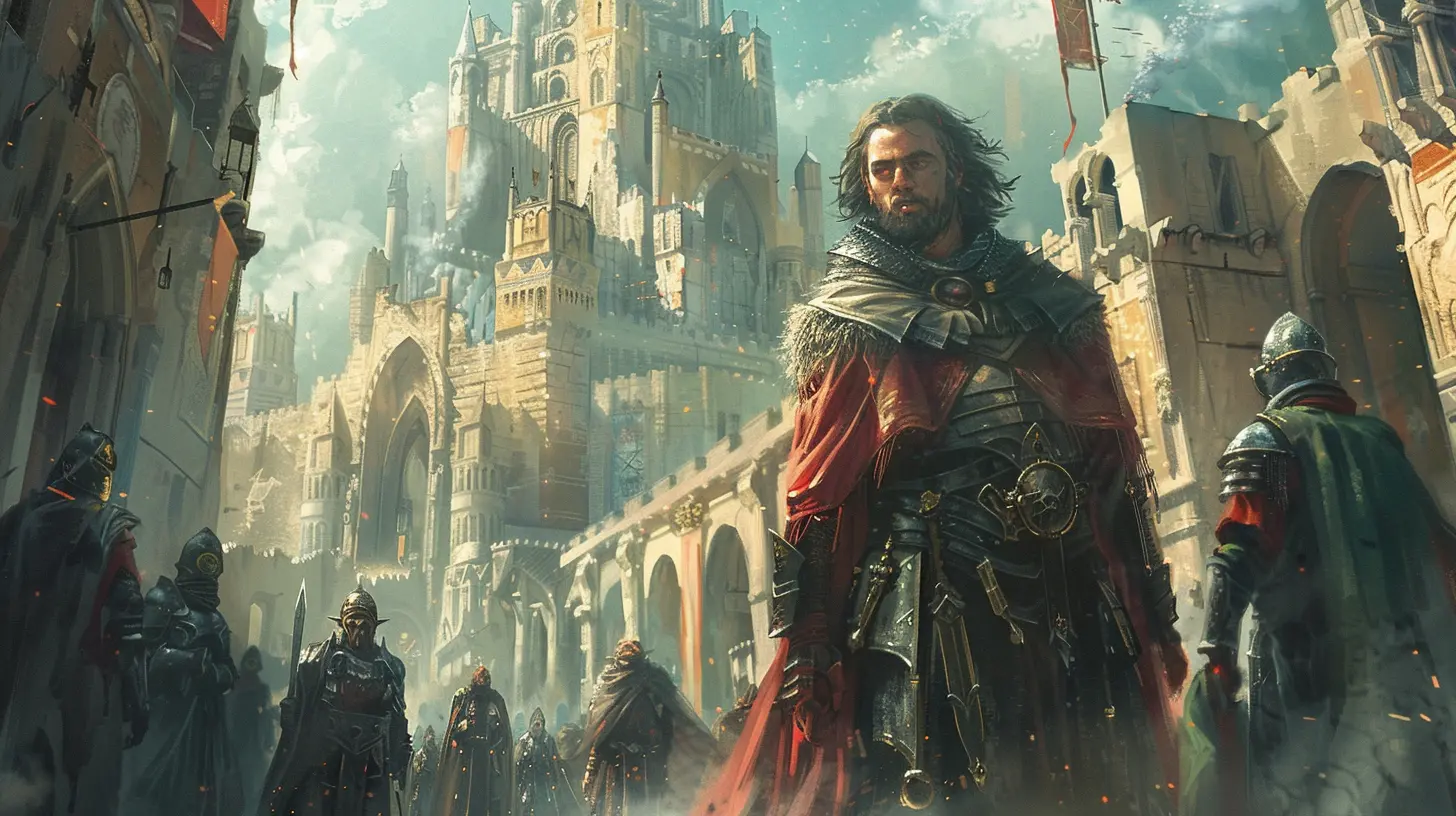
The Evolution of Voice Acting in RPGs
Voice acting in RPGs has come a long way. Remember the early days when most dialogue came in the form of text boxes? While games like Baldur’s Gate and Planescape: Torment had fantastic writing, they were limited by the technology of the time. Fast forward to today, and we’ve got games where nearly every line is voiced in exquisite detail.The Turning Point: Full Voice Acting
The Elder Scrolls IV: Oblivion was one of the first fantasy RPGs to embrace full voice acting, bringing an unprecedented level of immersion to its open world. Since then, games like Mass Effect, The Witcher 3, and Cyberpunk 2077 have pushed the boundaries of what voice acting can achieve.Voice acting is no longer just a "nice-to-have"; it’s expected. Gamers demand high-quality performances, and developers have risen to the challenge by hiring seasoned professionals, some of whom come from the film and TV industries.
The Future of Voice Acting in Fantasy RPGs
So, what’s next? With advancements in technology, voice acting in RPGs is poised to reach new heights. Here are a few trends that could shape the future:AI-Enhanced Voice Acting
AI is beginning to make waves in the world of voice acting. While nothing compares to a human performance, AI tools can help augment the creative process. For instance, procedural dialogue systems could dynamically generate lines for NPCs, adding even more depth to a game's world.More Diverse Casting
As gaming audiences become more diverse, so does the need for representation in voice acting. Players want characters who reflect their experiences, and that includes hearing voices from different backgrounds, accents, and cultures.Interactive Dialogue
Imagine characters reacting to your tone and word choices during in-game conversations. Advances in voice modulation could make NPCs feel even more responsive, creating a dialogue system that feels truly alive.Why It All Matters
At the end of the day, voice acting isn’t just about making characters sound cool (though that’s a nice bonus). It’s about storytelling. It’s about making us laugh, cry, and root for our favorite characters. It’s about turning a game into an unforgettable experience.Fantasy RPGs thrive on their ability to transport us to other worlds. And without voice acting, those worlds would feel a little quieter, a little flatter, and a lot less magical.
all images in this post were generated using AI tools
Category:
Fantasy RpgsAuthor:

Whitman Adams
Discussion
rate this article
1 comments
Gabrielle Rosales
“Voice acting in RPGs is like adding sprinkles to a cupcake—essential for that extra pop! It transforms goblins into gossiping friends and dragons into dramatic divas. Without those voices, we'd just be reading flavor text while missing out on the epic shenanigans! 🎤✨”
October 3, 2025 at 3:14 AM

Whitman Adams
Absolutely! Voice acting truly brings characters to life, enhancing immersion and making the fantasy world feel vibrant and dynamic.


